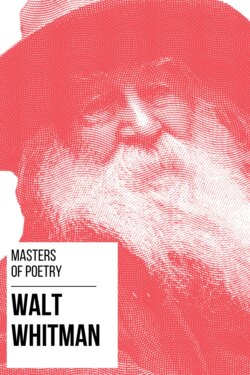Читать книгу Masters of Poetry - Walt Whitman - August Nemo, John Dos Passos, Ellen Glasgow - Страница 7
На сайте Литреса книга снята с продажи.
V
ОглавлениеWe can make little of Whitman unless we allow him to be a law unto himself, and seek him through the clews which he himself brings. When we try him by current modes, current taste, and demand of him formal beauty, formal art, we are disappointed. But when we try him by what we may call the scientific standard, the standard of organic nature, and demand of him the vital and the characteristic,—demand of him that he have a law of his own, and fulfill that law in the poetic sphere,—the result is quite different.
More than any other poet, Whitman is what we make him; more than any other poet, his greatest value is in what he suggests and implies, rather than in what he portrays; and more than any other poet must he wait to be understood by the growth of the taste of himself. "I make the only growth by which I can be appreciated," he truly says.
His words are like the manna that descended upon the Israelites, "in which were all manner of tastes; and every one found in it what his palate was chiefly pleased with. If he desired fat in it, he had it. In it the young men tasted bread; the old men honey; and the children oil." Many young men,—poets, artists, teachers, preachers,—have testified that they have found bread in Whitman, the veritable bread of life; others have found honey, sweet poetic morsels; and not a few report having found only gall.
